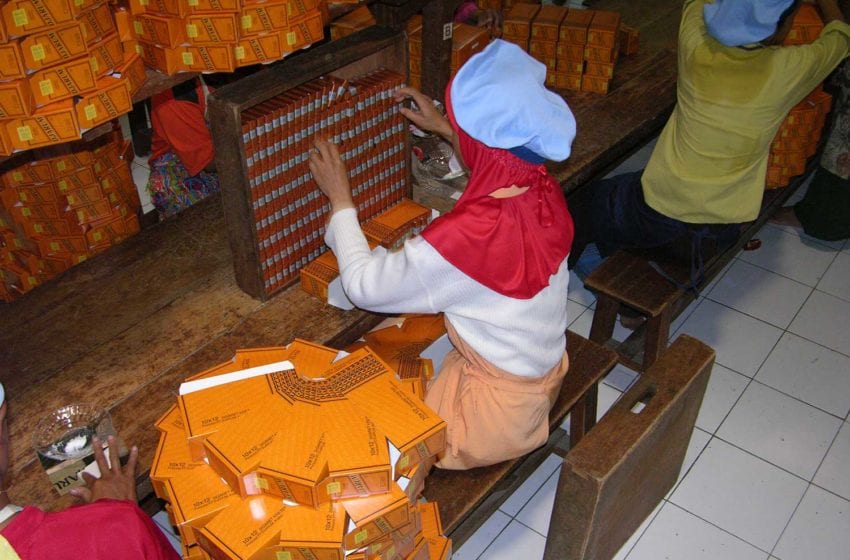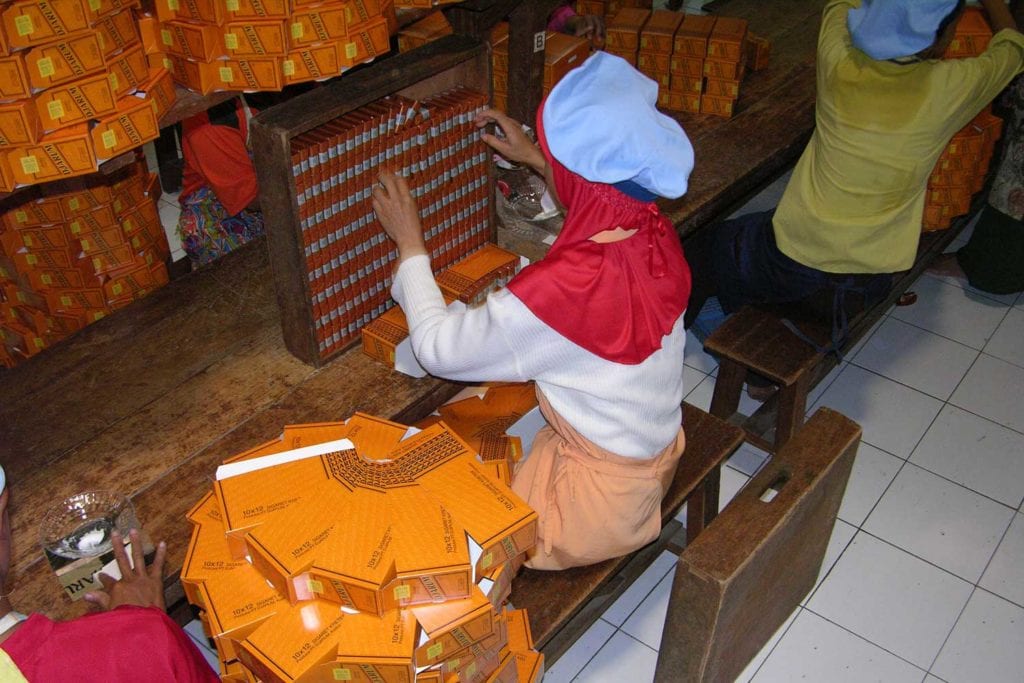
The realities of war make it cheaper for Philip Morris International Ukraine to import cigarettes from Poland than to manufacture them domestically, reports Interfax-Ukraine, citing comments made by PMI Ukraine Deputy General Director for Corporate Relations Mykhailo Poliakov during a seminar devoted to business and the ongoing conflict with Russia.
PMI opened a cigarette factory in the Lviv region in May 2024 and recently compared the production costs of its new facility with that of its factory across the border, in Krakow, Poland.
Due to the war, PMI’s Ukrainian operation must contend with higher rates of employee absenteeism. In addition, the Lviv facility is forced to cease operations during air raids. Frequent power failures add to the production cost, as the local grid was not designed to accommodate the large number of enterprises that have relocated to the region after the start of the conflict. Curfews too pose challenges for PMI’s workforce.
The combination of these factors makes it 10 percent cheaper for PMI to produce cigarettes in Poland and bring them to Ukraine.
Since starting operations in Ukraine in 1994, PMI has invested more than $700 in the country. After Russia’s 2022 invasion, the multinational suspended operations at its factory in the Kharkiv region and started importing products from PMI factories outside the country. It also temporarily licensed the production of some PMI brands to another multinational factory in Ukraine.
In 2022, due to the war, PMI reduced shipments to Ukraine by 30.1 percent to 11.07 billion cigarettes and tobacco sticks, but in 2023, it managed to increase shipments of finished products by 8.4 percent, including 14.9 percent in the fourth quarter. In October last year, the company reported the restoration of its share in the Ukrainian market to 24 percent after falling to 14 percent from 28.5 percent in the first months after the Russian invasion.
PMI has invested $30 million in its Lviv factory. Eventually, the factory will have five production lines. The first was launched in May, and four more will be put into operation by the end of 2024, which will bring the factory’s production capacity to 10 billion cigarettes per year.








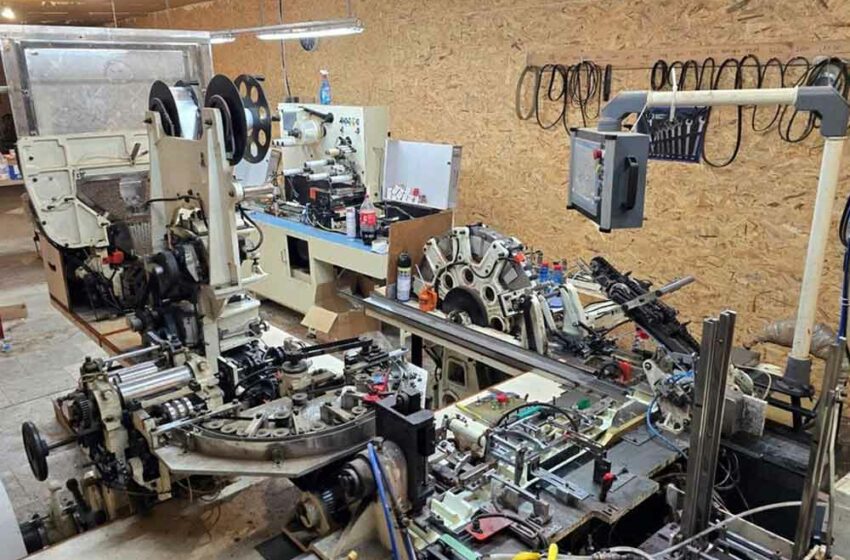
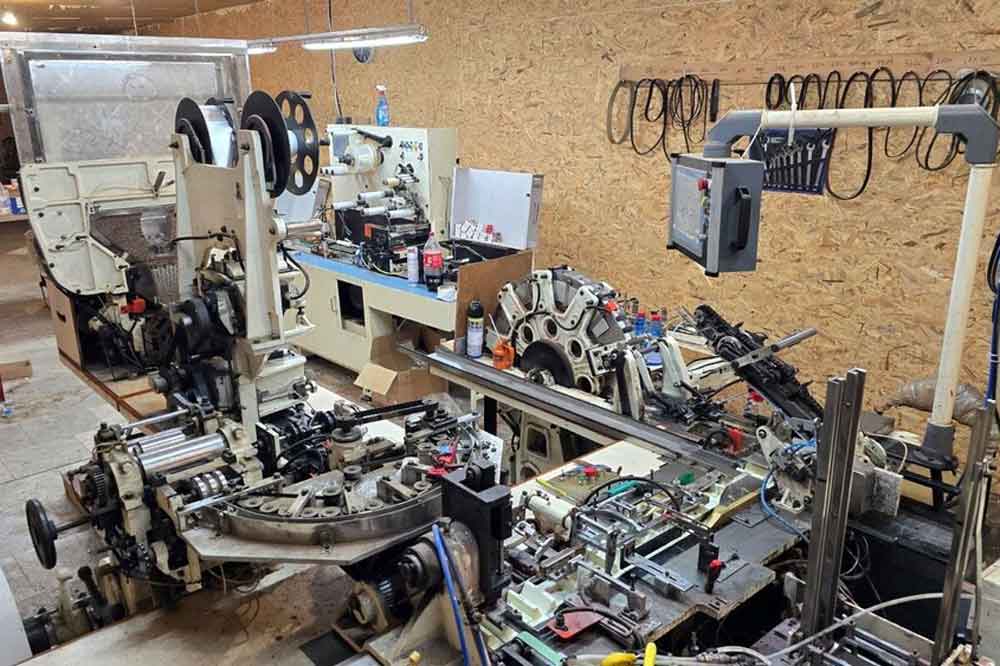



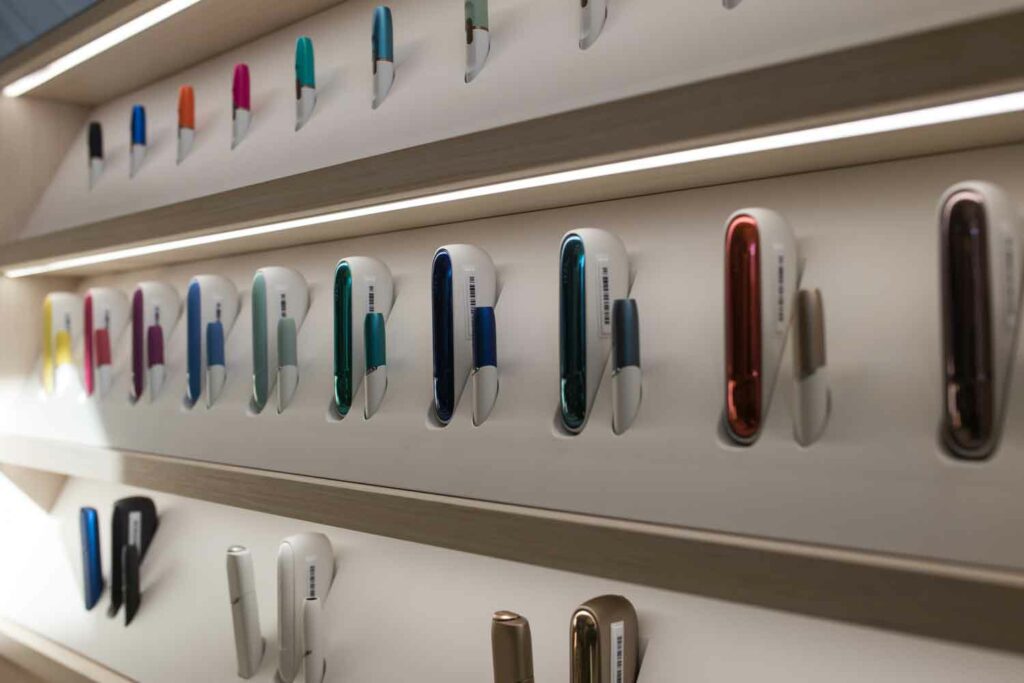
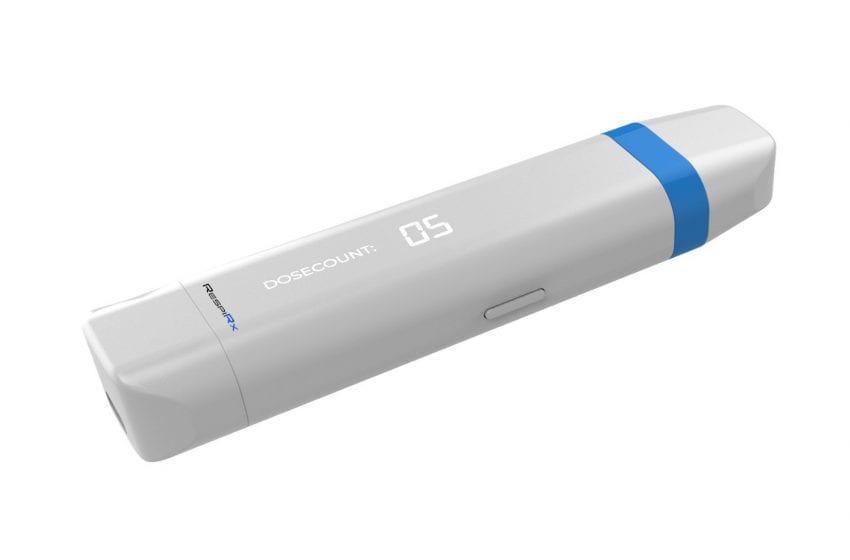
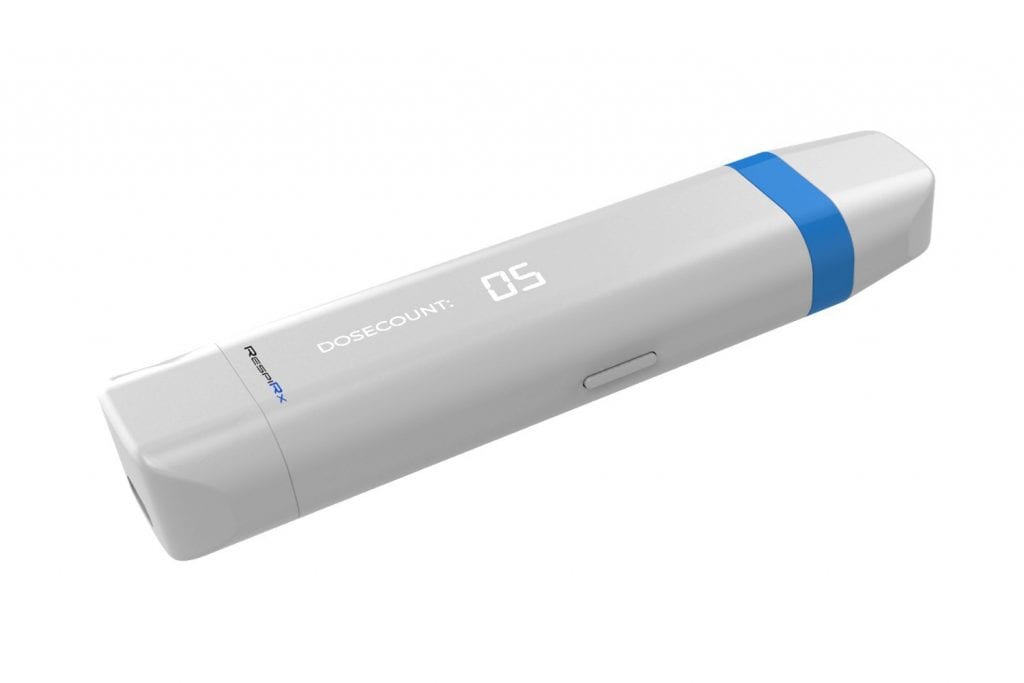


 Simon Clark, director of the Freedom Organization for the Right to Enjoy Smoking Tobacco (Forest), described the decision as “brutal” and said law-abiding smokers were being “discriminated” against.
Simon Clark, director of the Freedom Organization for the Right to Enjoy Smoking Tobacco (Forest), described the decision as “brutal” and said law-abiding smokers were being “discriminated” against.